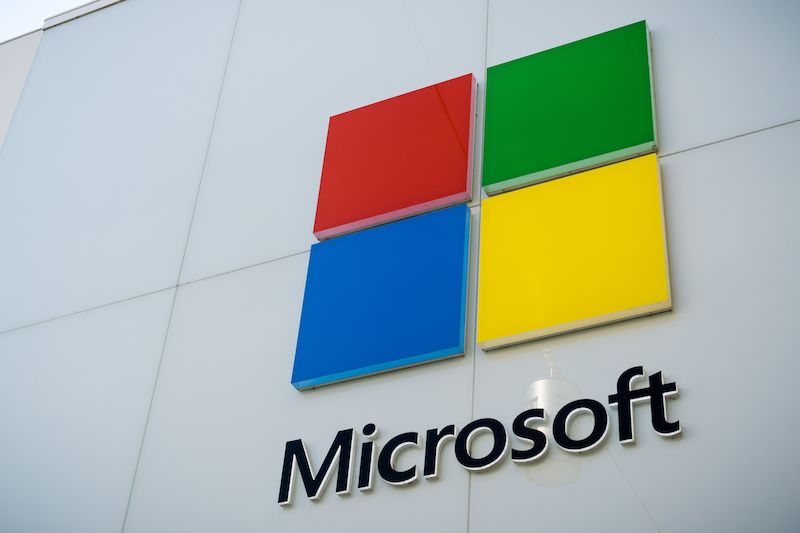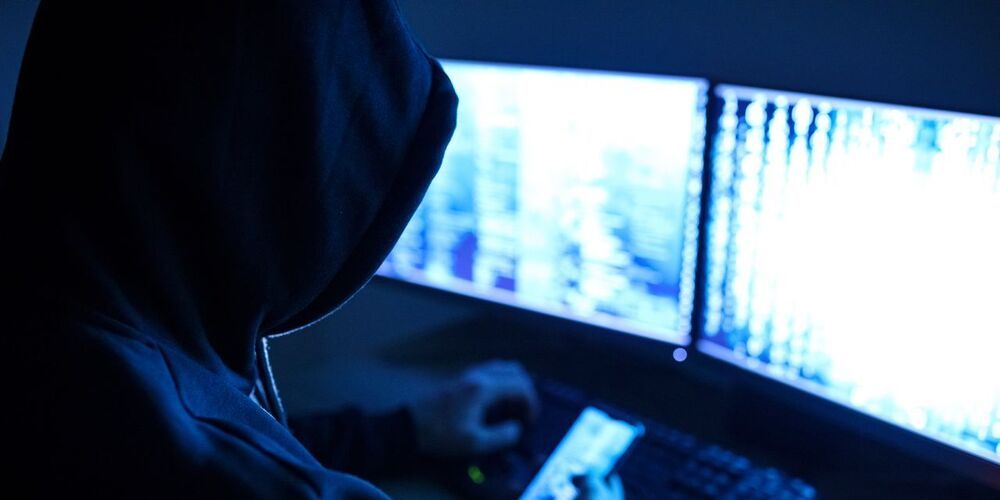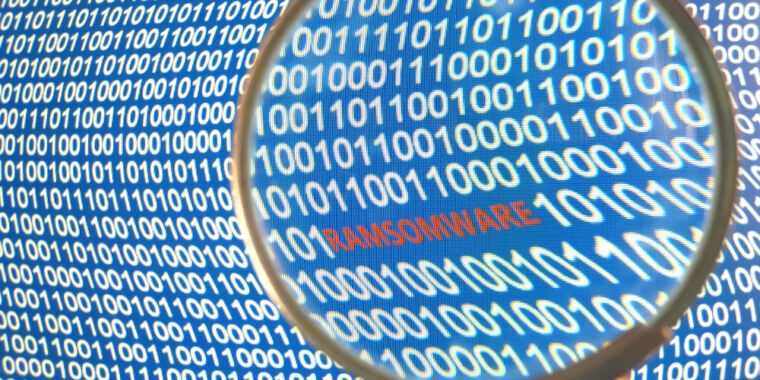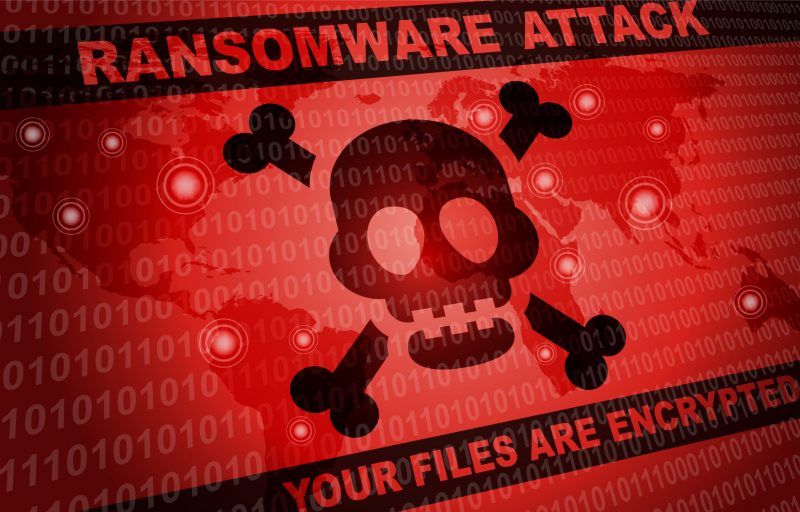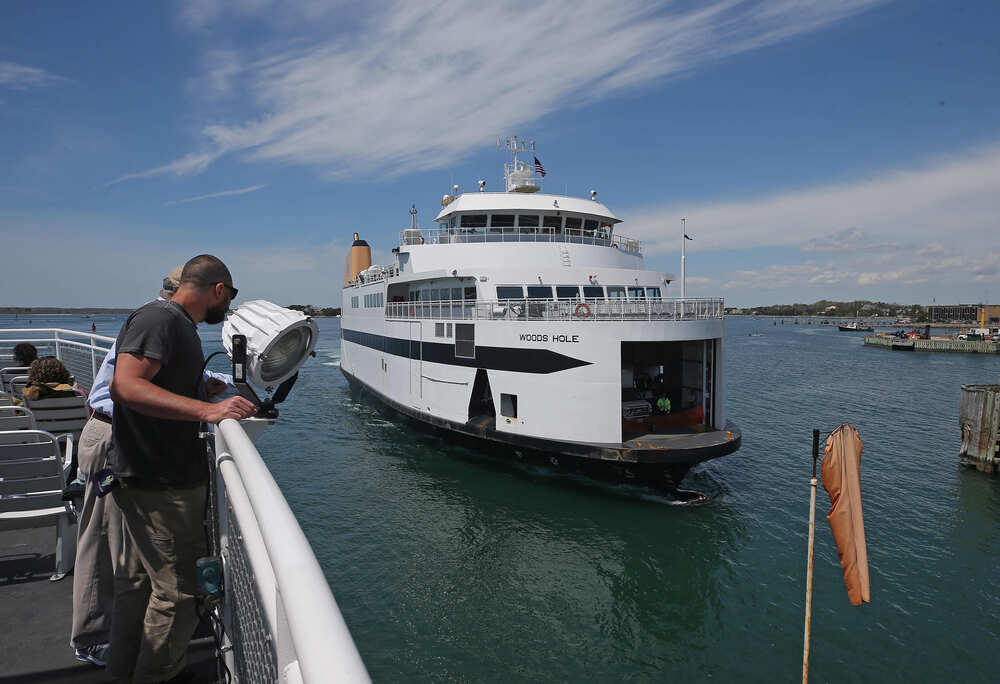“Siloscape”, the first malware to target Windows containers, breaks out of Kubernetes clusters to plant backdoors and raid nodes for credentials.
Windows containers have been victimized for over a year by the first known malware to target Windows containers. The ongoing campaign pierces Kubernetes clusters so as to plant backdoors, allowing attackers to steal data and user credentials, or even hijack an entire databases hosted in a cluster.
The malware was discovered by Unit 42 security researcher Daniel Prizmant. He dubbed it Siloscape, which he pronounces “Silo escape.” The malware pries open known vulnerabilities in web servers and databases so as to compromise Kubernetes nodes and to backdoor clusters.
